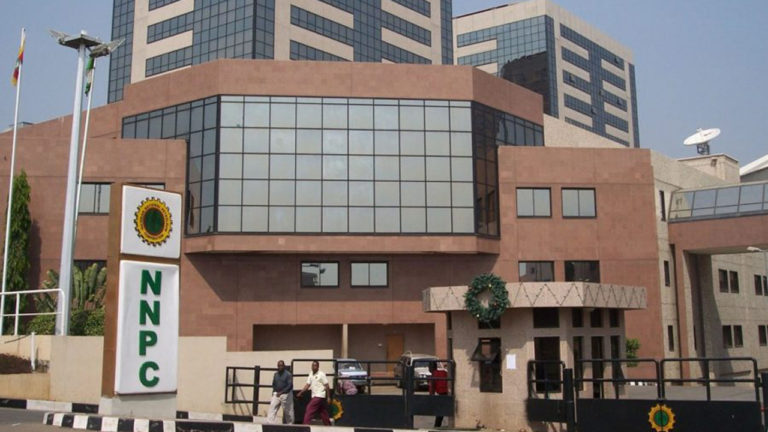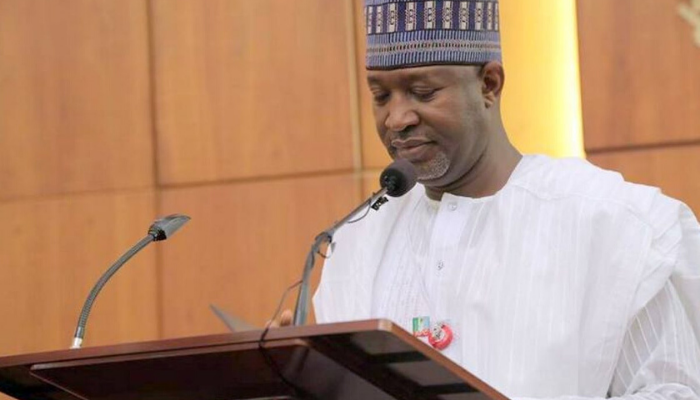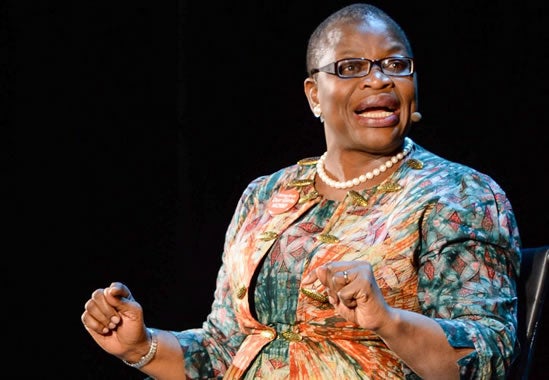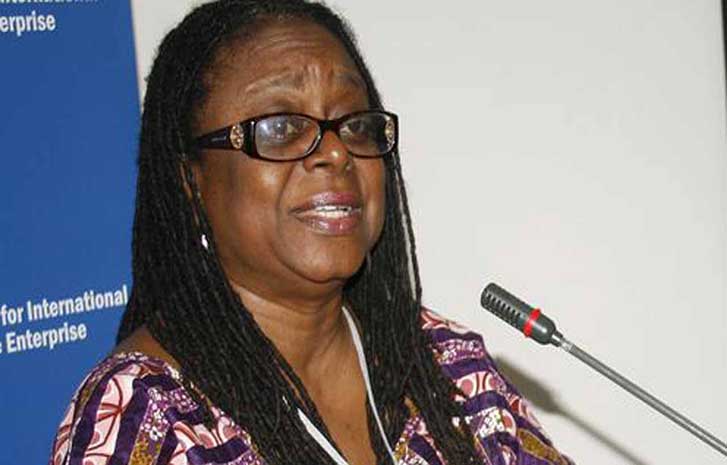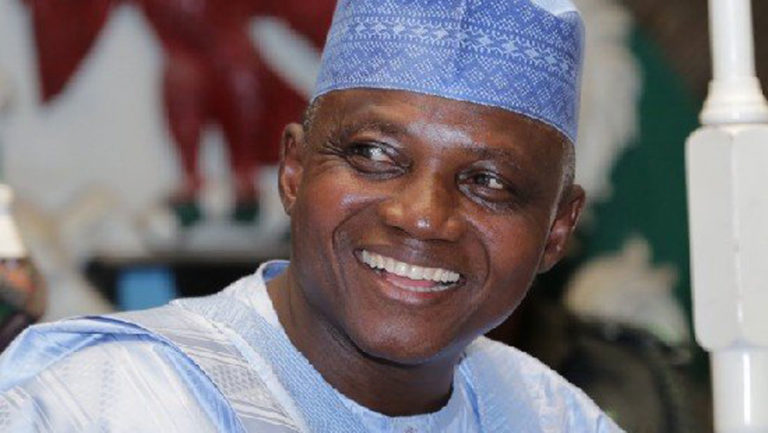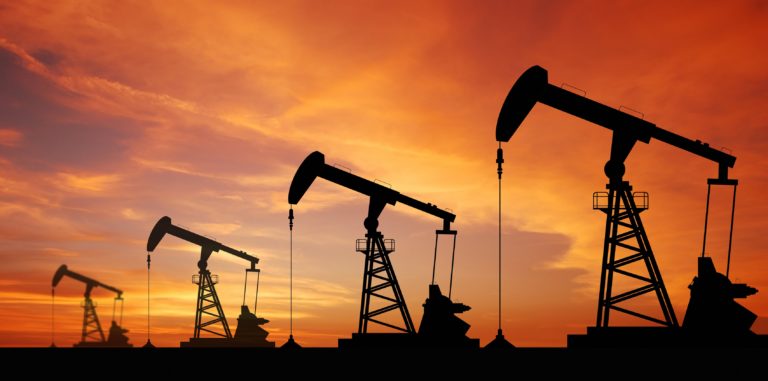China Mobile and Huawei have jointly completed the world’s highest 5G base station on the altitude of 6,500 meters, by bringing the network to the summit of Mount Everest.
Together with the launch of the Gigabit optical fibre network at the altitude of 6,500 meters, Huawei enables China Mobile to run its dual Gigabit network on Mount Everest, a statement by the firm said.
“On the occasion of the 60th anniversary of the first successful arrival at Mount Everest from the northern slope, and the 45th anniversary of China’s first official accurate measurement and announcement of Mount Everest, the 5G network on Mount Everest will provide communication services for this 2020 Mount Everest re-measurement is of great significance,” it noted.

Huawei has offered its end-to-end solutions in the construction of China Mobile’s Everest dual Gigabit network, where base stations were built in Mount Everest Base Camp at the altitude of 5,300 meters, the Transition Camp at 5,800 meters, and the Forward Camp at 6,500 meters.
The statement disclosed that Huawei’s 5G AAU and SPN technologies were applied at these base stations, where network maintenance and optimization are done by a dozen of network specialists “who station 24/7 in regions at altitudes of 5,300 meters and above to ensure smooth network operations.”
It explained further, “Huawei’s 5G AAU is highly integrated into a compact size, making it easy for deployment and installation. It fits particularly well for infrastructure in extreme environments such as Mount Everest. In this project, a network in the ‘stand-alone plus non-stand alone’ (SA+NSA) mode connects five 5G base stations.
“Meanwhile, the 5G fast and huge-capacity connectivity is achieved by Huawei’s Massive MIMO technology supporting lightning speed and large bandwidth.”
The MIMO has flexible three-dimensional narrow beams and “works particularly well vertically” in Mount Everest.
At the altitude of 5,300 meters, said Huawei, the 5G download speed exceeded 1.66 Gbps, where the upload speed topped 215 Mbps.
The IT company added that Huawei’s Intelligent OptiX Network solutions guarantee quality and undisrupted networks.
“With its HoloSens intelligent video surveillance system, Huawei ensures streaming quality with the capabilities of optimisation and fault locating with just one click, keeping the networks always on even at the attitude of 6,500 meters at the summit of Everest,” it said.

Huawei added, “The ground-breaking establishment on Mount Everest once again proves that 5G technology connects mankind and the earth harmoniously.”





